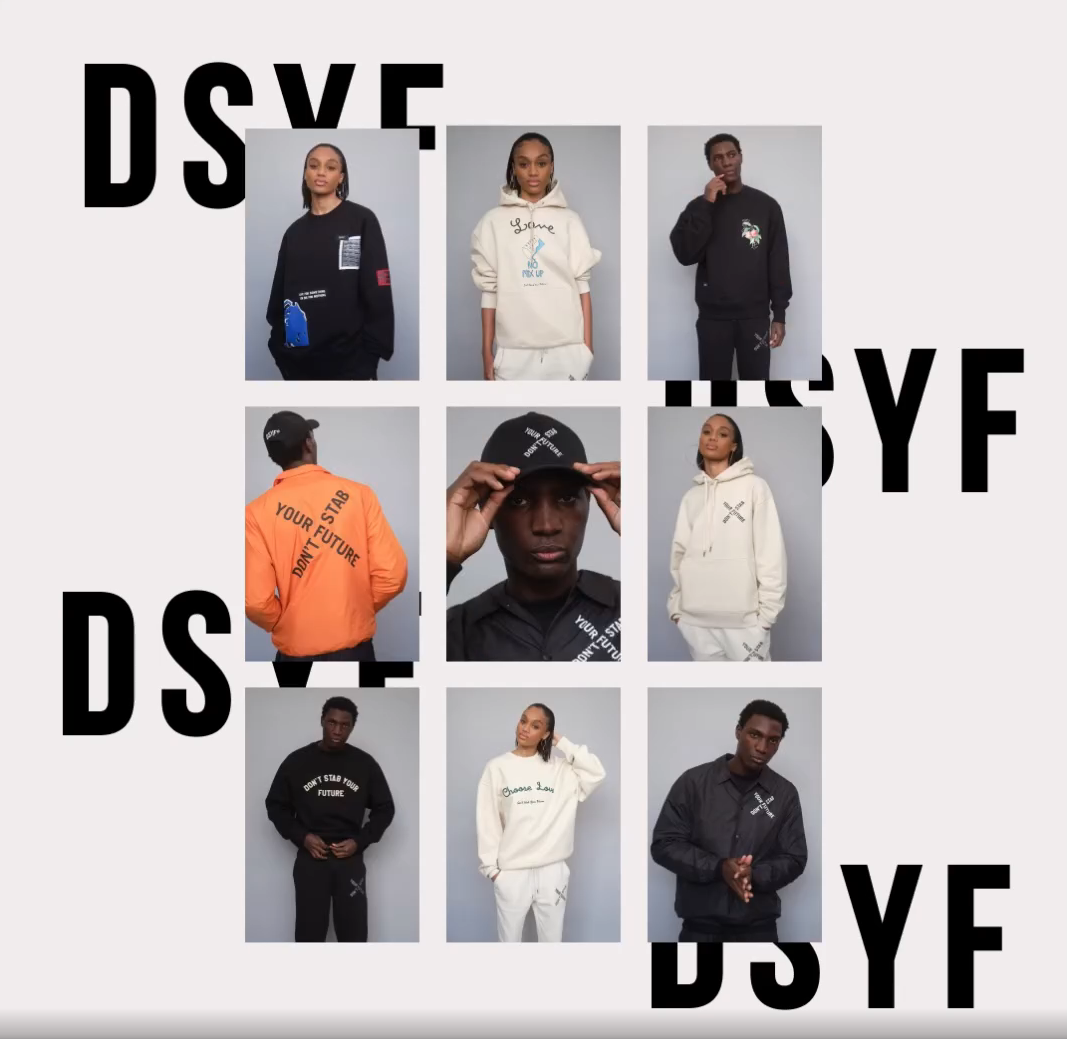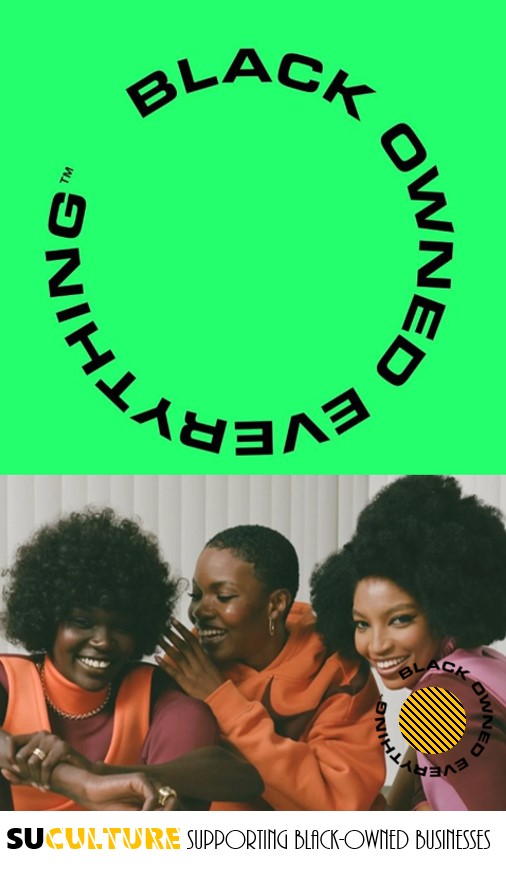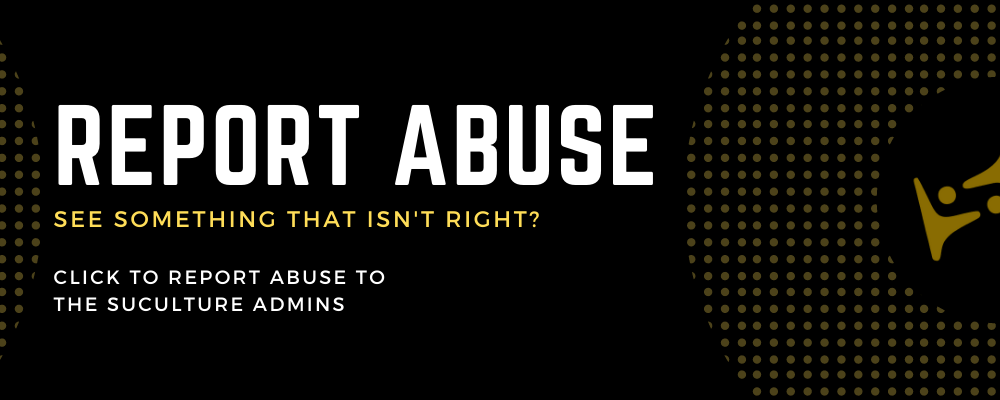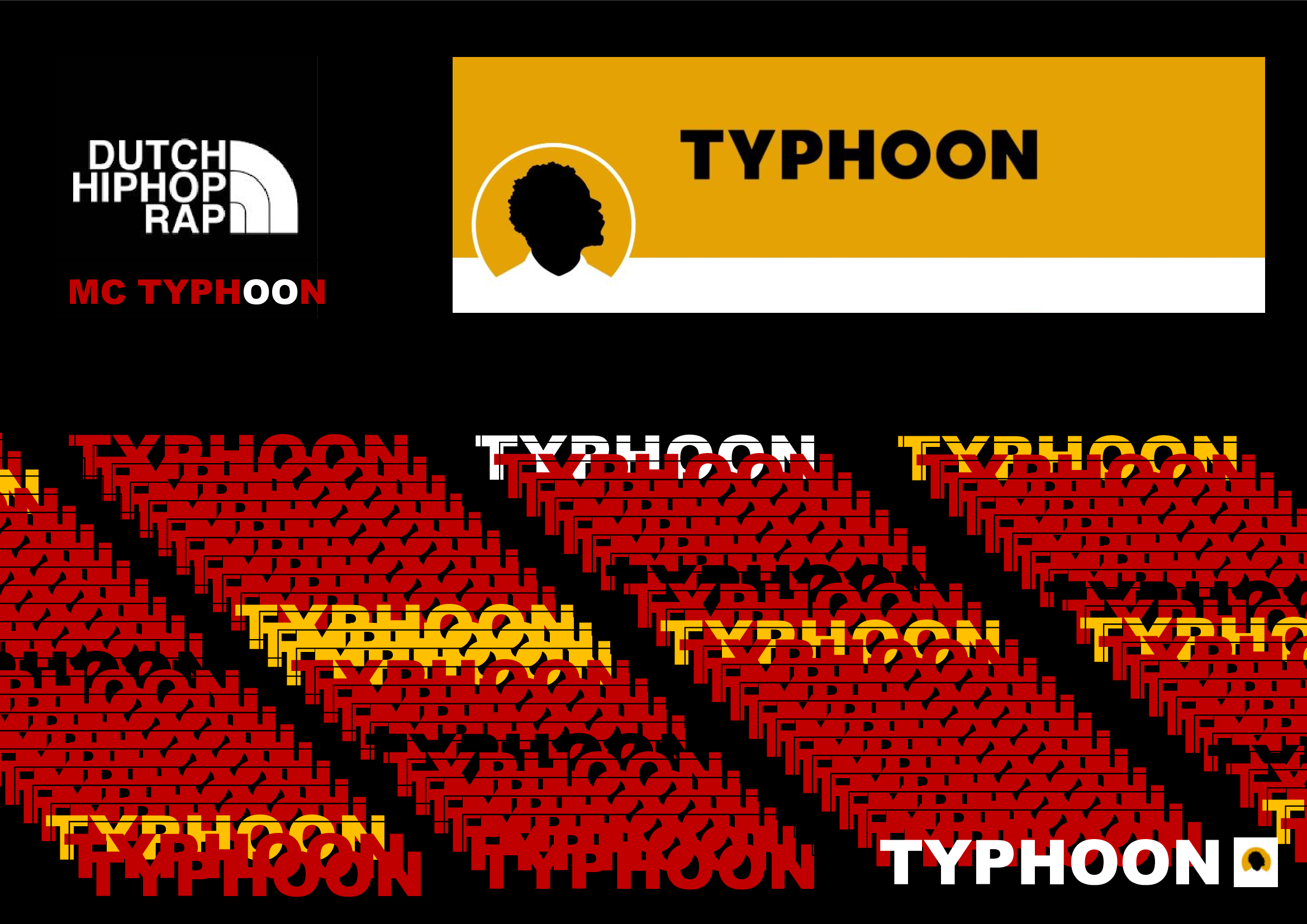-
AutoreMessaggi
-
-
Troubling trend of
Black women losing
jobs after
attending
#AfroTech2024.

There is an ongoing concern that Black women are loosing their jobs for attending AFROTECH, a conference celebrated for empowering Black technologists and entrepreneurs. This incident raises profound social, and ethical questions about the intersections of race, gender, and professionalism in modern workplaces.
Structural Racism and Workplace Dynamics
At the heart of this situation is the enduring influence of structural racism in corporate spaces. Black women exist at the intersection of two historically marginalized identities. While AFROTECH is designed to create a space for networking, empowerment, and career advancement, the alleged punitive response of employers signals a resistance to acknowledging and accommodating diversity initiatives. This incident reflects how corporate America often views Blackness — and, by extension, Black empowerment — as a threat rather than an asset.
Critical race theory emphasizes that racism is not merely the product of individual prejudice but is embedded within systems and structures. If employers penalised Black women for attending AFROTECH, it demonstrates how these structures often work to maintain the status quo, punishing acts of solidarity or advancement that challenge systemic inequalities.
The Double Bind of Black Women
Philosophically, this situation speaks to the concept of “double consciousness,” as articulated by W.E.B. Du Bois. Black women in predominantly white workplaces often feel the tension of being both hyper-visible (ie; subject to scrutiny) and invisible (ie; overlooked for leadership or promotions). Attending AFROTECH may have been seen as an assertion of identity and agency, but the punitive reaction reveals how their attempts to assert individuality are often met with resistance or retaliation.
Moreover, the social contract that governs workplaces is skewed against Black women. They are expected to conform to cultural norms that often exclude or marginalize their lived experiences. By penalizing participation in an event like AFROTECH, employers effectively police how Black women navigate professional spaces, reinforcing the idea that inclusion is conditional, and limited.
Ethical Implications
From an ethical standpoint, penalizing employees for attending a professional development conference that aligns with their identity is profoundly unjust. Employers benefit from a diverse workforce yet often fail to support the growth and empowerment of marginalized employees. By punishing such participation, organizations contradict their stated commitments to equity and inclusion.
This raises the question of moral accountability in workplaces. Do employers have the right to dictate how employees engage with their identity and professional growth? Philosophers like James Baldwin would argue that individuals should be treated as ends in themselves, not merely as means to an employer’s bottom line. Punishing Black women for attending AFROTECH reduces them to instruments of productivity, disregarding their autonomy and humanity.
Navigating the Double Standards of Professionalism
The response to Black women attending AFROTECH also highlights the double standards in what is deemed “professional.” Corporate cultures often encourage participation in conferences, networking events, and professional development—so long as these activities align with dominant norms. However, when such opportunities are tailored to marginalized groups, they are scrutinized E penalized.
This double standard reveals an implicit bias in how professionalism is defined. For Black women, asserting agency by attending AFROTECH can be interpreted as defiance rather than initiative. Yet, the same behavior might be praised if it aligned with traditional, white-centered professional norms.
This contradiction exposes the hypocrisy of many DEI initiatives. Employers cannot claim to value diversity while penalizing actions that foster it. To reconcile this, workplaces must redefine professionalism to include diverse cultural expressions and professional growth paths. Until then, Black women will remain caught in a system that demands their participation but punishes their self-determination.
Broader Implications for Inclusion Efforts
This incident also highlights the performative nature of many diversity, equity, and inclusion (DEI) initiatives. Companies often tout their commitment to diversity while failing to address the systemic barriers that marginalized employees face. AFROTECH represents an opportunity for Black professionals to connect and advance their careers, yet the backlash suggests that some workplaces see such empowerment as contrary to their interests.
The philosophical question arises: Is true inclusion possible within systems built on exclusionary principles? Feminist theorists like bell hooks argue that dismantling oppression requires not only representation but a fundamental rethinking of power structures. Punitive actions against Black women attending AFROTECH reveal the limits of inclusion when it remains a surface-level commitment rather than a transformative practice.
The Power of Solidarity and the Fear of Disruption
The punitive reaction to Black women attending AFROTECH reveals a deeper fear within corporate structures: the transformative potential of collective empowerment. Events like AFROTECH provide more than professional growth; they create solidarity among marginalized groups, enabling them to challenge systemic inequities.
From a Foucauldian perspective, power in workplaces often operates through subtle mechanisms of control — surveillance, policies, and unwritten expectations. Employers may view AFROTECH as a challenge to this control, fearing that solidarity among Black professionals could disrupt the status quo. By attending AFROTECH, Black women signal a refusal to comply passively with structures that marginalize them. The backlash is not just about the event itself but about suppressing this potential disruption.
This reaction underscores the necessity of such spaces. It demonstrates that AFROTECH and similar initiatives are not merely optional; they are acts of resistance and survival in environments that are not designed to affirm or celebrate Black identity. Organizations must move beyond their discomfort with such empowerment and recognize that supporting marginalized groups strengthens, rather than threatens, the collective workplace.
A Call to Action!
Ultimately, this situation underscores the need for a radical reimagining of workplace culture. Employers must not only support but actively encourage employees to engage with initiatives like AFROTECH. This requires moving beyond tokenistic DEI efforts to foster genuine equity. Black women should not have to choose between professional advancement and job security.
This incident is not merely a story of workplace discrimination; it is a microcosm of the broader struggle for justice and empowerment faced by Black women. The philosophical and ethical questions it raises challenge all of us to reflect on the systems we participate in and the actions needed to create a world where Black women can thrive without fear of reprisal.
-
AFROTECH represents a powerful opportunity for Black women to connect, learn, and grow within an environment that celebrates their identity and achievements. The fact that such events inspire discussion highlights their importance in challenging outdated corporate norms. Rather than being seen as disruptive, these spaces should be celebrated as essential for fostering creativity, innovation, and equity in the workplace. The courage of those who attend AFROTECH despite potential backlash is a testament to the resilience and determination of Black women to claim their rightful space in tech and beyond.
C.
-
@SUCULTURA This situation shines a light on the work still needed to create equitable workplaces but also underscores the value of initiatives like AFROTECH. By empowering Black professionals, these events are paving the way for a more inclusive future.
It’s heartening to see the growing recognition of such spaces as catalysts for change, and it’s a reminder that real progress often begins with bold, collective actions like this. Organizations willing to embrace and support these efforts will ultimately reap the rewards of a more engaged, diverse workforce.
-
-
AutoreMessaggi
Devi essere loggato per rispondere a questo argomento.









